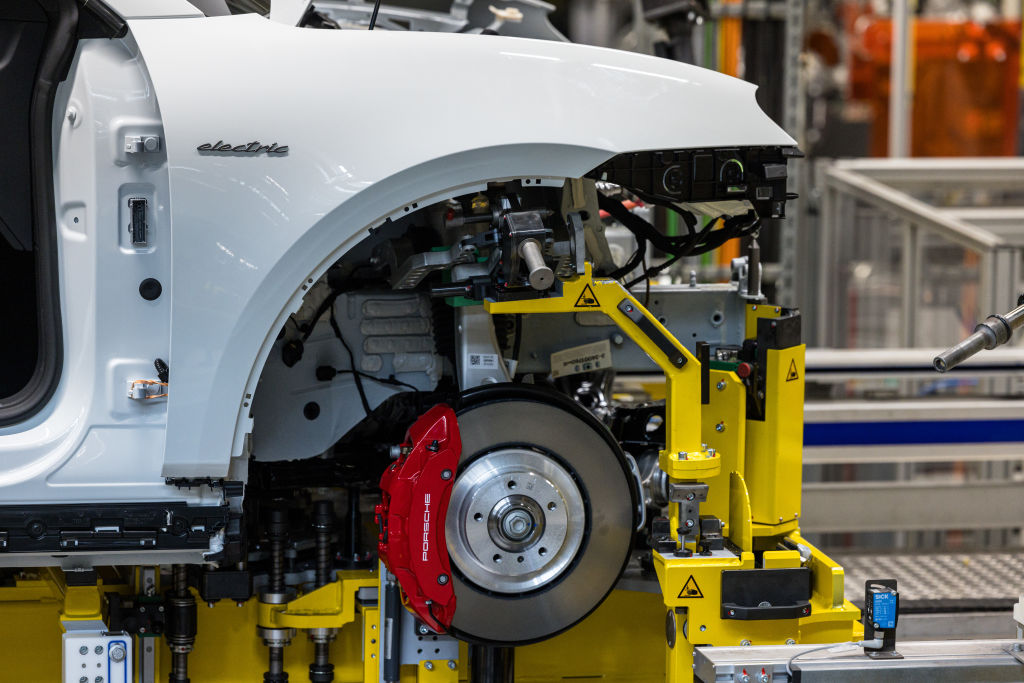The European Council’s president António Costa has taken a soft stance toward Serbia’s populist leader, Aleksandar Vučić—even after Vučić stood beside Vladimir Putin in Moscow to mark Victory Day.
Vučić ‘s defiance toward Brussels apparently has not caused him much damage there.
“The EU remains strongly committed to the accession of Serbia as a stable, peaceful and prosperous country, having dealt with the legacy of the past and having chosen to embrace its democratic and European future,” Costa said on meeting Vučić on May 13.
“I was glad to hear that EU integration remains a top priority for you and the new government,” he added.
Only at the end of his speech did Costa push back somewhat on the topic of Serbia’s relationship with Russia.
“And of course, we cannot ignore in this regard that, as you know, a key element of our Common Foreign and Security Policy is a clear condemnation of the Russian brutal invasion of Ukraine and the support to Ukraine to achieve a just and lasting peace”, he said.
When talking to journalists, Costa said in Belgrade “a lot of people asked me not to come” to Serbia. But he said he had come anyway, while asking for clarification regarding the Moscow visit.
“We cannot rewrite the history, and (we) fully understand that Serbia celebrates (its) liberation” by Soviet troops, Costa was quoted as saying by AP. “But we cannot celebrate the liberation 80 years ago and don’t condemn an invasion of another country today,” he continued.
Vučić, from his side, said on Instagram he was “grateful” to Costa “for bringing goodwill”.
“The EU is our most important partner, and Serbia’s political will is to remain on that path. We have the largest volume of trade and service exchange with the EU, and it is important that in the coming period we further diversify our exports to other European countries,” added Vučić.
The Serbian president said he believed he had Costa’s support to open ‘Cluster 3’ of Serbia’s accession talks as soon as possible.
“The present and future of Serbia lie in cooperation with and membership in the EU,” Vučić said.
“Serbia remains sincerely and firmly committed to reforms and dialogue, and sees the future of the region within the European Union.”
In mid-April, Kaja Kallas, the EU’s High Representative for Foreign Affairs and Security Policy, warned European leaders not to go to Moscow on May 9.
“Any participation in the 9th May parades or celebrations in Moscow will not be taken lightly on the European side, considering that Russia is really waging a full-scale war in Europe,” Kallas told journalists last month.
She explicitly added Brussels did not want to see candidate member states joining the celebrations in Russia’s capital, implying it would jeopardise their path to EU membership.
European Commissioner for Enlargement Marta Kos said on April 30 many EU institutions and member states would take note of his trip. “Then I would have a much more difficult task helping Serbia remain firmly on its EU path. But it is his decision,” Kos said.
In the European Parliament, Social Democrats demanded consequences against what they called Serbian “appeasement” of Russia.
No more business as usual!
Siding with Vladimir Putin harms Serbia, the region, and the entire enlargement process.@kajakallas, @MartaKosEU, @vonderleyen – you said there would be consequences.
So act now! pic.twitter.com/cS1yhtO4H2
— S&D Group (@TheProgressives) May 9, 2025
While in Moscow, Vučić said on Instagram, he spoke about energy cooperation, and proposed a new gas agreement with Russia, calling it “of vital importance for Serbia”.
“I reiterated that Serbia is on the European path, but that it will not abandon its traditional friends, because that consistency is one of the foundations of the serious and responsible policy we pursue,” he said.
Serbian economic researcher and activist Alexandar Matković has raised serious concerns about a widely praised lithium mining project in his home country. https://t.co/xSTBNab6Ba
— Brussels Signal (@brusselssignal) May 9, 2025





